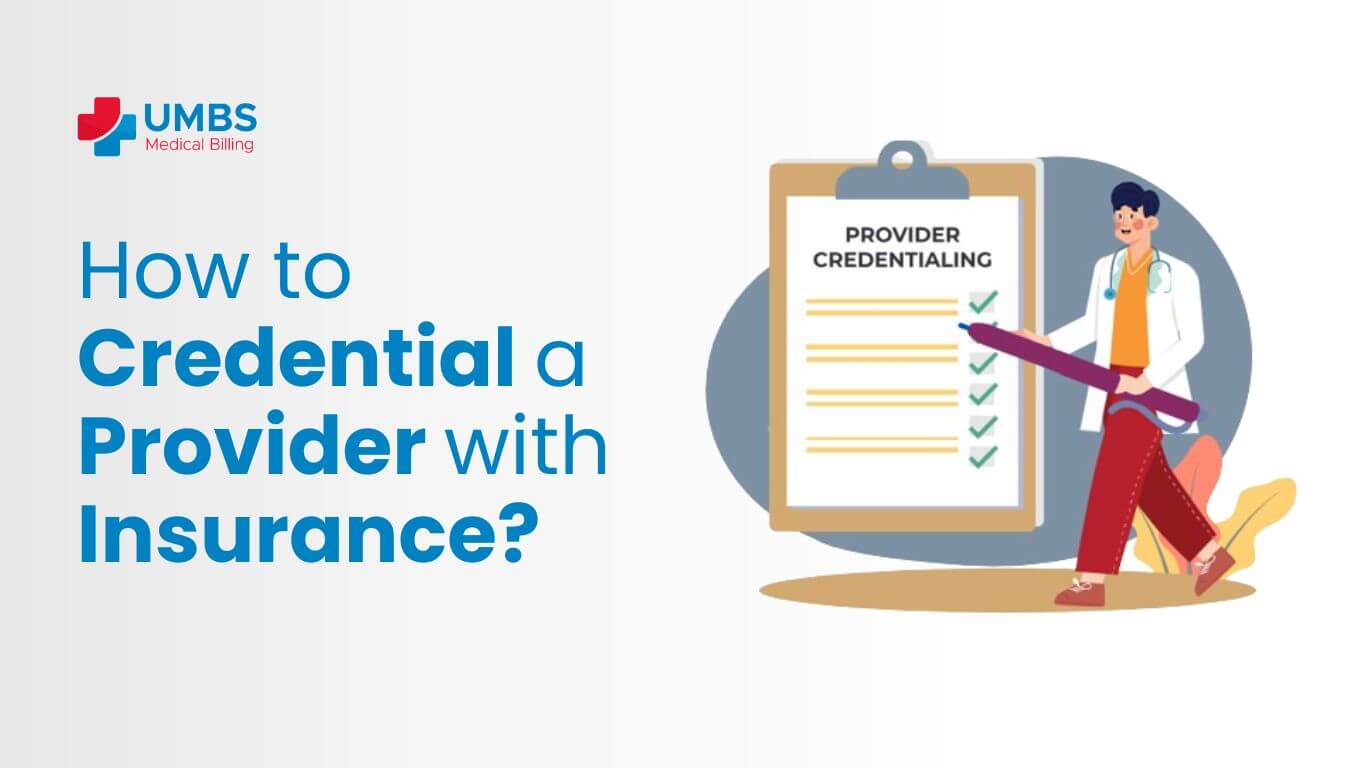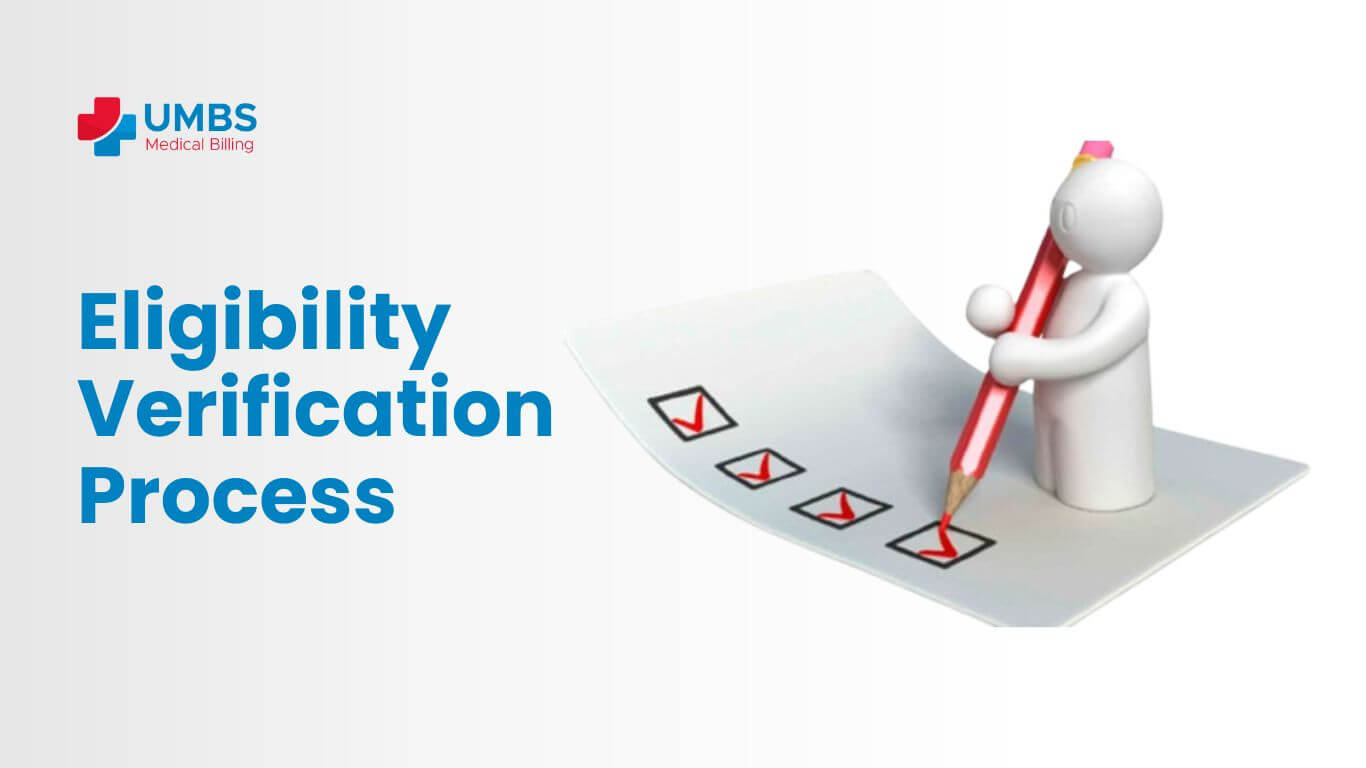In the intricate realm of medical billing, the process of submitting claims for reimbursement is akin to a financial lifeline for healthcare providers. However, this lifeline often encounters obstacles in the form of claim denials and rejections. These roadblocks not only impede revenue but also demand valuable time and resources for resolution.
In this comprehensive guide, we will explore effective strategies to significantly reduce claim denials and rejections, ensuring that healthcare providers can navigate the billing process with confidence and maximize their financial well-being.
Understanding the Impact of Claim Denials and Rejections
Before delving into strategies, it’s crucial to understand the implications of claim denials and rejections:
- Denied or rejected claims directly impact a healthcare provider’s revenue stream. Unresolved issues can lead to significant revenue loss over time.
- The administrative burden of reworking denied or rejected claims consumes staff time and resources, diverting attention from patient care.
- Every denied or rejected claim represents a delay in reimbursement, which can hinder cash flow and financial stability.
- Billing issues can lead to patient dissatisfaction and erode trust in the healthcare provider, potentially affecting patient retention.
Also Read: The Crucial Role of Staff Training in Optimizing Revenue Cycle Management
How can providers prevent claims denials and rejections in Billing?
Before delving into strategies, it’s crucial to understand the implications of claim denials and rejections:
Verify Insurance & Eligibility
Approximately 24% of denials stem from ineligibility issues. Despite long-standing patient relationships, changes in employment and insurance plans can occur. It’s crucial to verify if the patient’s coverage is active, their benefits haven’t reached their maximum limit, and the service you’re offering is covered by their plan. Equipping your staff with knowledge about accepted plans, policy interpretation, and confidence in discussing coverage with patients is essential.
Clear Documentation
Invest in CDI programs to enhance the quality and clarity of clinical documentation. Encourage healthcare providers to maintain detailed records, including specific diagnoses, treatments, and procedures.
Claim Scrubbing Software
Claim scrubbing software automates the process of identifying errors or inconsistencies in claims. It checks for coding inaccuracies, missing patient information, and other issues, reducing the likelihood of rejections.
Accurate Patient Information Collection
The date of the accident, medical emergency, and onset are frequently overlooked. Accuracy is crucial, so ensure you verify:
- Patient’s name
- Date of birth
- Gender
- Insurance provider
- Policy and group numbers (if applicable)
- Patient’s relation to the insured
- Primary insurance (if multiple)
To encourage staff to enhance data accuracy, consider providing feedback through “report cards.” Fortunately, minor errors or omissions typically do not require an appeal or redetermination.
Timely Filing
Every payer sets specific deadlines for claim submissions, which vary between commercial payers and Medicare. Modifying claims can lead to delays, potentially exceeding the submission deadlines and resulting in claim denials.
Establish processes and reference guides to meet payer deadlines, and implement workflows to notify staff of approaching deadlines. Consider incentivizing accuracy and timeliness by organizing competitions to reward staff who consistently submit the most precise and punctual claims on a weekly, monthly, quarterly, and yearly basis.
Appeals Management
Develop a well-structured appeals process that includes clear documentation, standardized forms, and designated personnel responsible for handling appeals. This ensures that denied claims are addressed promptly and thoroughly.
Denial Analysis
Analyze claim denials to identify common trends and root causes. Look for patterns related to specific payers, codes, or documentation issues. Use this data to drive process improvements and staff training.
Clear Communication
Promote collaboration between billing and clinical teams. Encourage open lines of communication to address documentation and coding issues proactively. Regular meetings and feedback sessions can facilitate this collaboration.
Payer Relationships
Designate individuals or teams to establish and maintain positive relationships with payers. Regular communication with payer representatives can help clarify requirements, resolve issues, and streamline claims processing.
Outsourcing RCM Services
Outsourcing revenue cycle management (RCM) to experienced providers offers several advantages. RCM experts are well-versed in payer requirements and industry best practices, reducing denials and improving cash flow.
Patient Education
Educate patients about their insurance coverage, including copays, deductibles, and out-of-pocket responsibilities. Provide clear and accessible information to prevent misunderstandings that might lead to claim rejections.
Technology Integration
Streamline your operations by integrating electronic health records (EHRs) with billing systems for effortless access to patient data. This merger reduces data entry errors and bolsters claim accuracy. While these strategies may appear complex, automation can simplify them. Your practice management system or Electronic Health Record Software might feature built-in alerts to prompt essential data collection. Additionally, many systems offer claim review functionalities to identify missing or inconsistent information before submission. Certain tech tools also facilitate proper documentation and streamline appeal letter submissions.
Regular Monitoring
If your practice’s denial rate exceeds 5%, it warrants scrutiny, as this falls beyond the acceptable range. To mitigate rejections in medical billing, analyze the root causes of denials. Focus on mid-cycle activities like documentation, chargemaster configuration, charge capture, and claim processing.
Perform staff audits to validate documentation and coding accuracy, addressing any identified deficiencies with tailored processes. Prioritize changes that promise the most significant improvements to your practice’s financial performance.
Benchmarking
Miscommunications between billers and physicians can lead to coding discrepancies, impacting reimbursement. Comprehensive documentation is vital, ensuring accurate coding and preventing claim denials. Insufficient documentation jeopardizes reimbursement.
Collaborate with providers to enhance documentation processes and provide feedback through in-services to ensure compliance with payer requirements.
Also Read Maximizing Revenue Potential: Unlocking the Power of Credentialing
Conclusion
Via by United Medical Billing Solution’s your practice to manage medical claims efficiently. Integrated into the claims management process, Via accelerates insurance reimbursements, shielding your bottom line from the impact of delays or challenges. Integration with leading EHR providers like AdvancedMD ensures seamless implementation.





